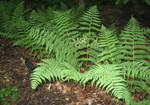Product Description
Marginal Wood Fern
Marginal Wood Fern, also referred to as Dryopteris marginallis, contains an attractive murky green vegetation, semi-evergreen. The plant leaves stand up in a vase form and quickly candles to an area. The plant's edge is fibrous and spear-shaped. Marginal Wood Fern is suitable for sheltered rock or the bare yard.
Also, this fern is a nice-looking plant for grounds in vessels. Marginal Wood Ferns are great for the orchard's background or in a forest setting. The plant's refinement ensures that they are compatible with the Hosta. Besides, Leatherwood ferns do well in sunlight but do better in yards with limited shade.
Marginal Wood Fern's height ranges from 24-36" and requires a spacing of about twelve inches and three feet.
The plant's hardiness ranges from zones three to eight. Furthermore, the fern requires damp, well-channeled soil that is rich in humus. Besides, it produces a vast, solitary peak and does not spread. Its sori are situated at the boundary or ends of the pinnule bases, thus the actual term.
Additionally, Marginal Wood fern's rhizome creates a straight summit, and its evergreen branches offer great curiosity to the winter scenery. The plant's leaf length is approximately six inches, while its colors range from blue, yellow, brown, copper, gold, and green. The leaf texture is usually rough, and the leaf worth to the horticulturist is eye-catching.
These ferns require a land location of the courtyard, woodland, naturalized regions, and limited reservation. On the other hand, it requires the scenery theme of winter orchards and the shaded yard. When it comes to design topographies, the plant needs mass establishing, accent, and boundary. Moreover, Leatherwood Ferns have a pleasing scent that attracts songbirds in your yard.
Marginal Wood Ferns are also resistant to challenges such as destruction by rabbits, groundhogs, chipmunks, wet soil, deer, and squirrels.
Naturally, such troublesome creatures are the actual nuisance to all gardeners, including those who cultivate other yields. But when it comes to Leatherwood Ferns, such animals are uninterested in them.
The plant roots incorporate an important substance by the name filicin. This constituent deadens hookworms, tapeworms, roundworms, and additional internal vermin in the human body. For that reason, this plant has been used as a larva eradicator across the world. Also, it is unique when it comes to effective tapeworms treatments.
The fern requires an acidic to impartial soil after typical productive soil in a sheltered location. Thus, the plant bears potential hydrogen of between 4.5-7.0 and hates hefty clay. The fern also requires a consistent water supply to its roots and survives dry season if established. Besides, it is robust, thus standing temperatures below negative thirty degrees Celsius.
Additionally, Leatherwood Ferns crossbreeds with numerous other plant types in the wilderness. The fern is also a North American inherent as well as wetlands vegetation. Moreover, this plant is warm tolerant in regions eight via one. Besides, its root shape is rhizomatous, with underneath stems distributing sprouts and roots to their extent.
Reproductive of the Leatherwood fern structures may be propagated anytime in the greenhouse. Surface reproduce on a disinfected fertilizer and maintain dampness by keeping the container in an elastic bag. When they develop, put a small mass of soil in a vase and raise it in a sheltered greenhouse.
When the fern is big enough, you can now cultivate it outside. Additionally, more prominent clusters may be cultivated again right in their enduring spots. But then again, it is imperative to vase up lesser bunches and develops them in a low-temperature setting till they begin to root entirely. After that, you can plant your Marginal Wood Fern during spring.
The Marginal Wood Fern is shipped bare root.

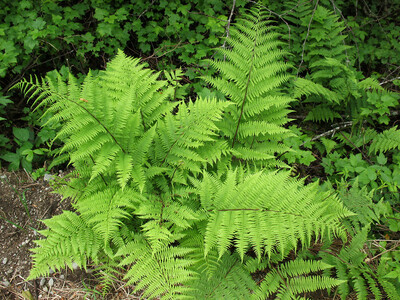 Native Ferns
Native Ferns
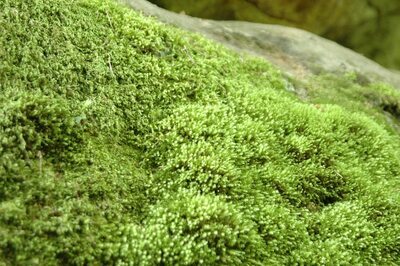 Native Mosses
Native Mosses
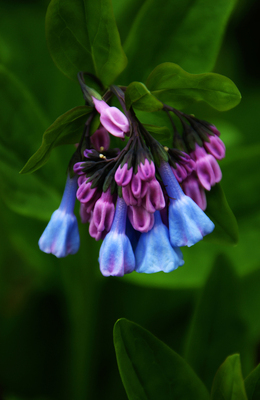 Native Perennials
Native Perennials
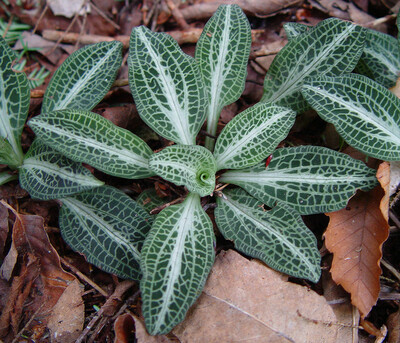 Native Ground Covers
Native Ground Covers
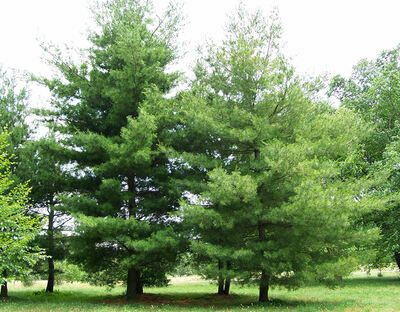 Native Trees
Native Trees
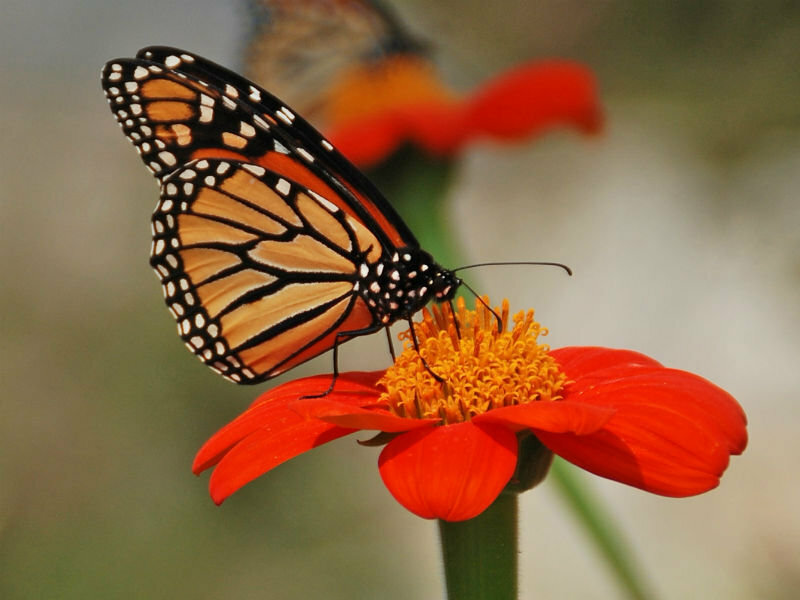 Pollinators
Pollinators
 Shop Bloom Color
Shop Bloom Color
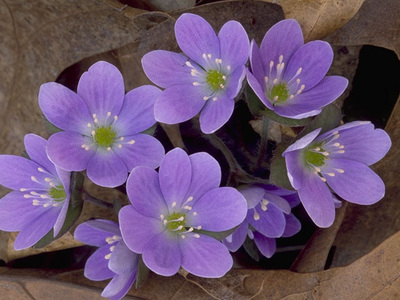 Perennials By Zone
Perennials By Zone
 Medicinal Herb Plants
Medicinal Herb Plants
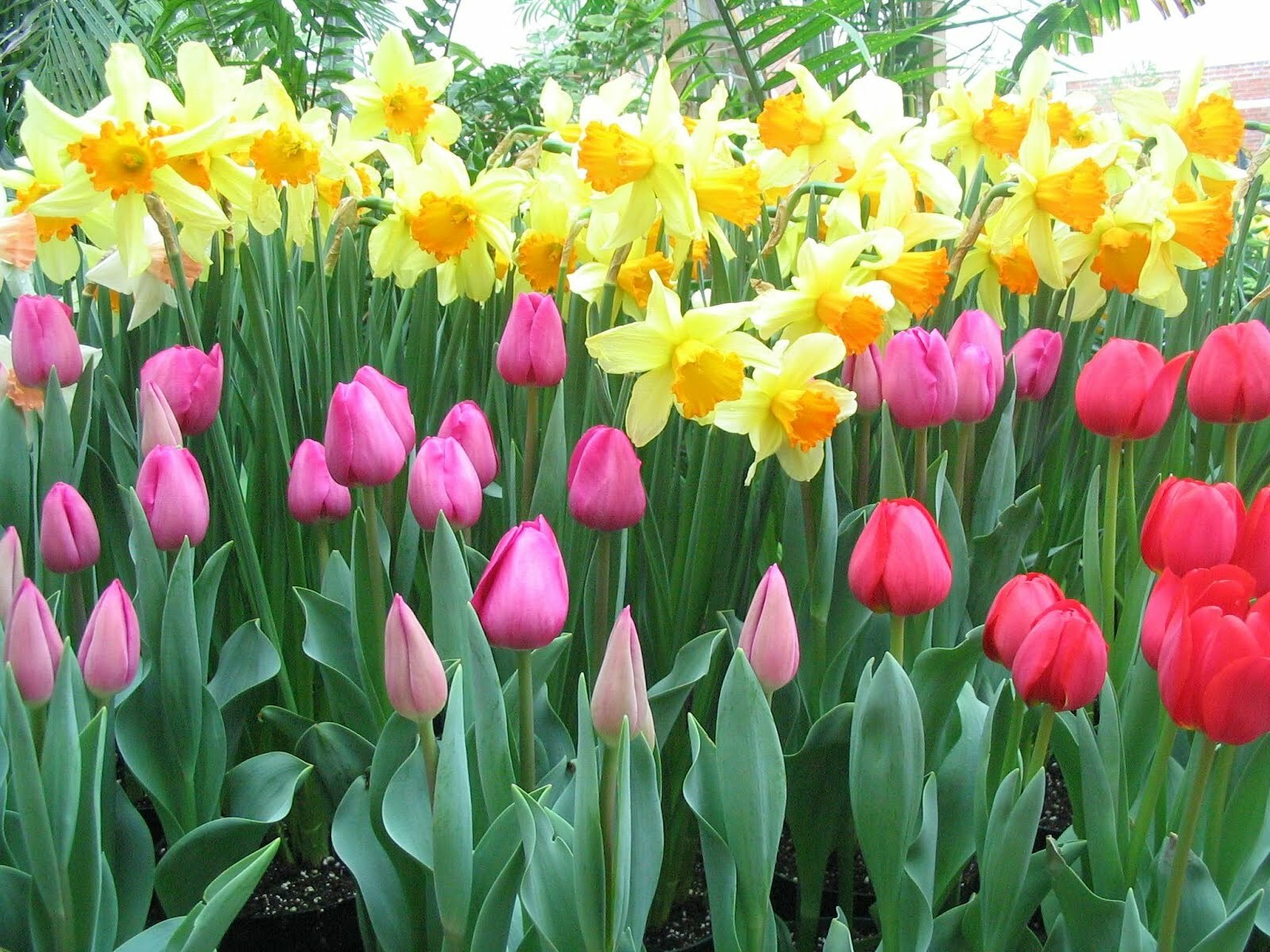 Spring Bulbs
Spring Bulbs
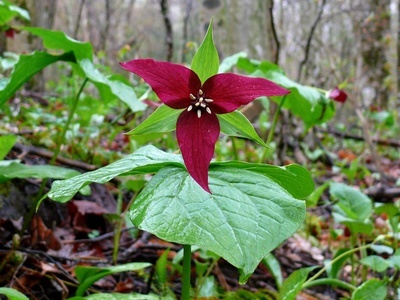 Trillium
Trillium
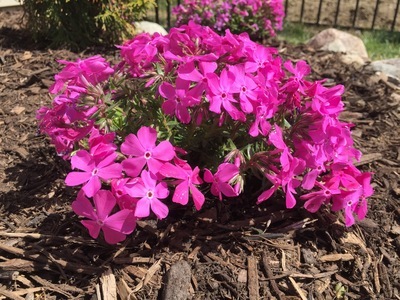 Shop By Zone
Shop By Zone
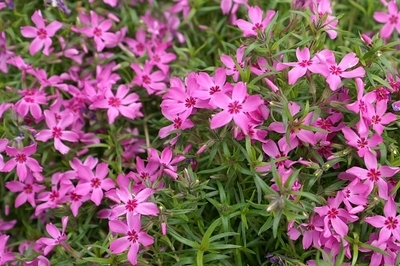 Flowering Groundcovers
Flowering Groundcovers
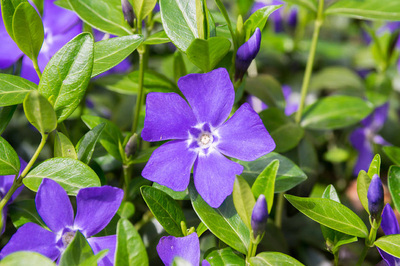 Evergreen Groundcovers
Evergreen Groundcovers
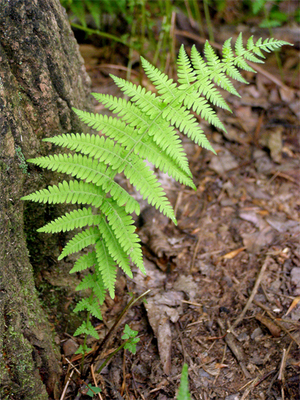 Ferns for Zone 3
Ferns for Zone 3
 Ferns for Zone 4
Ferns for Zone 4
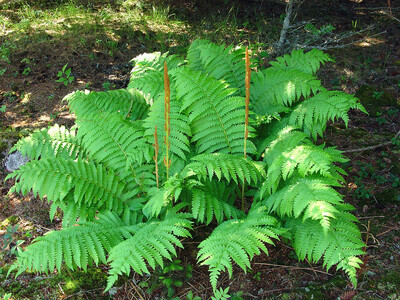 Ferns for Zone 5
Ferns for Zone 5
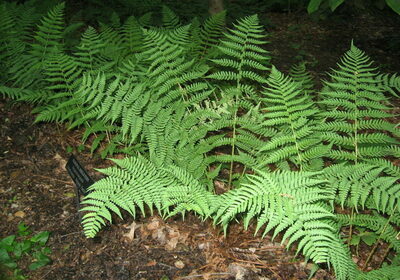 Ferns for Zone 6
Ferns for Zone 6
 Ferns for Zone 7
Ferns for Zone 7
 Ferns for Zone 8
Ferns for Zone 8
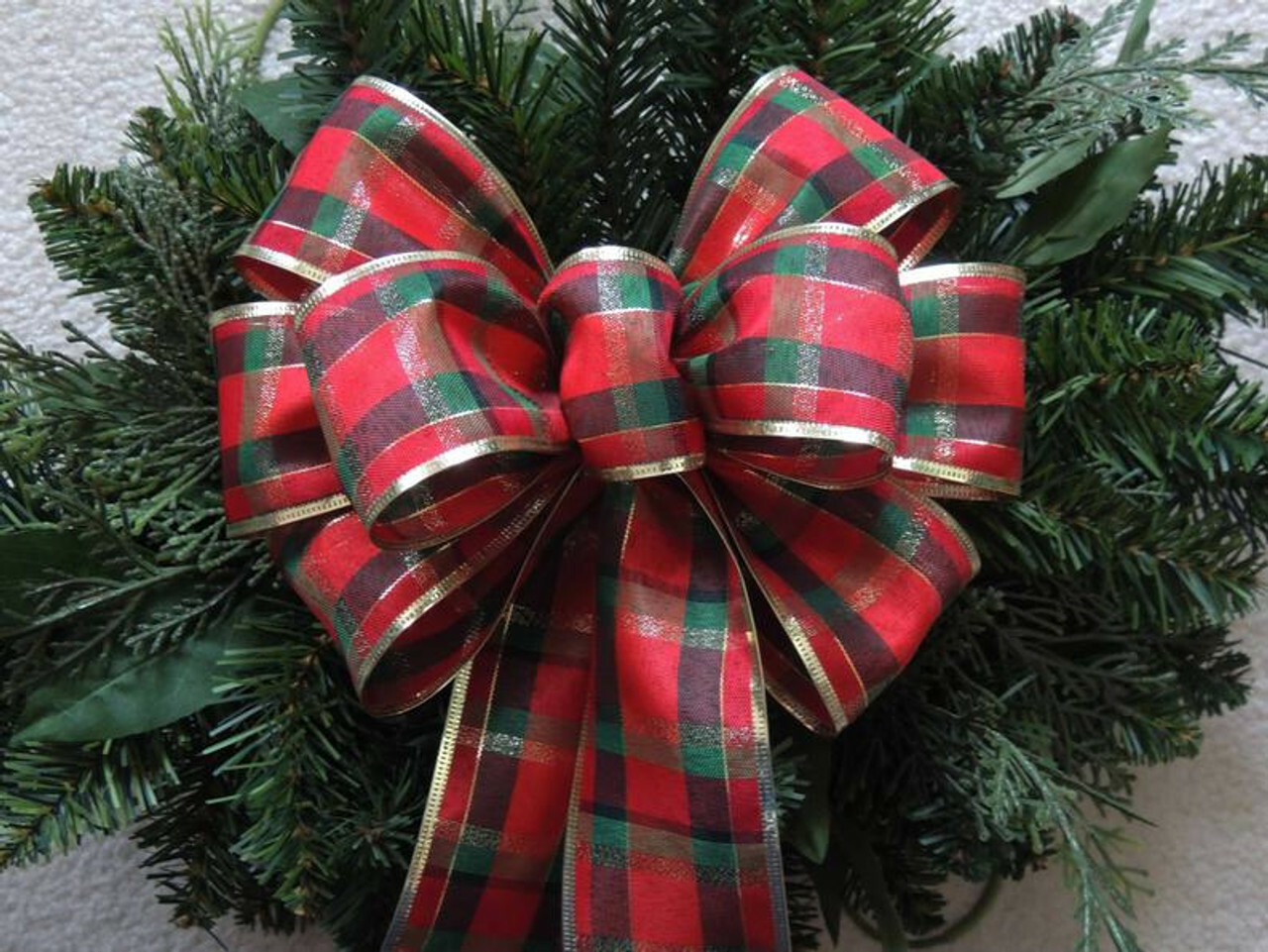 Christmas bows
Christmas bows
 Fresh Wreaths
Fresh Wreaths
 Garlands
Garlands
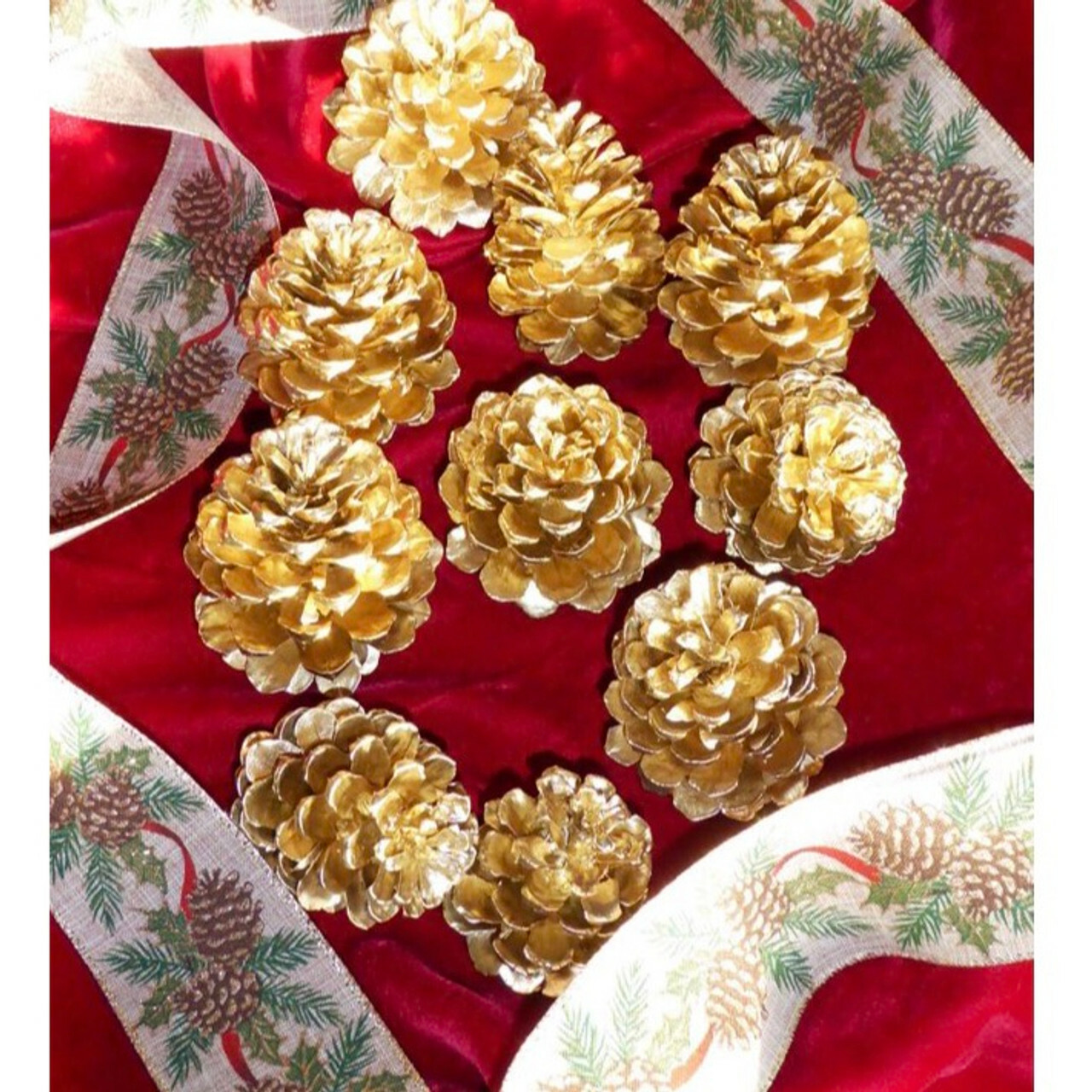 Large Pine Cones
Large Pine Cones
 Live Mistletoe
Live Mistletoe
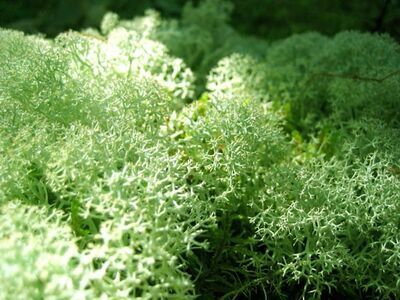 Moss
Moss
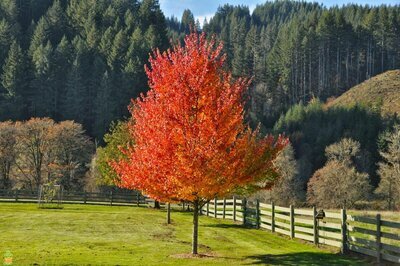 Shop Trees By Zone
Shop Trees By Zone
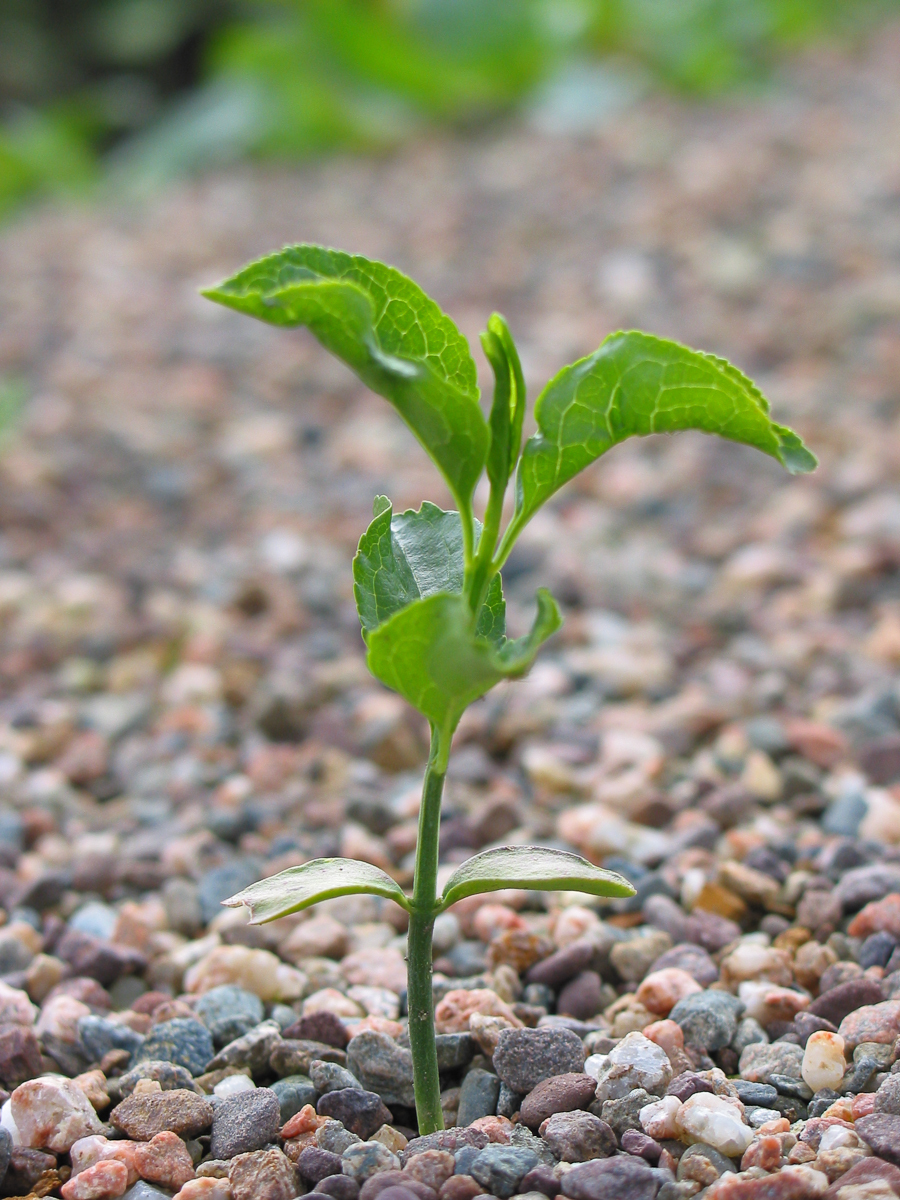 Tree Seedlings
Tree Seedlings
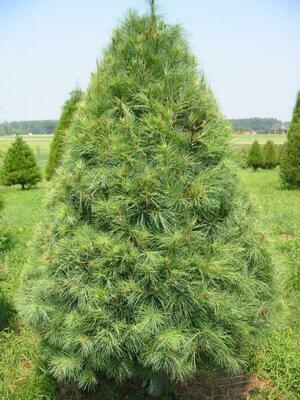 Fast Growing Trees
Fast Growing Trees
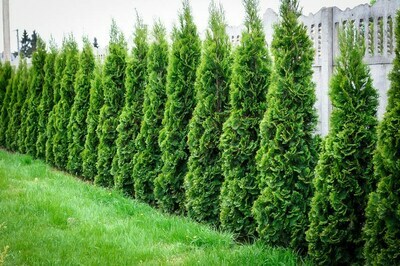 Pine Trees
Pine Trees
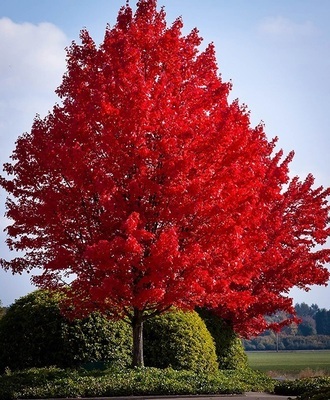 Live Stakes
Live Stakes
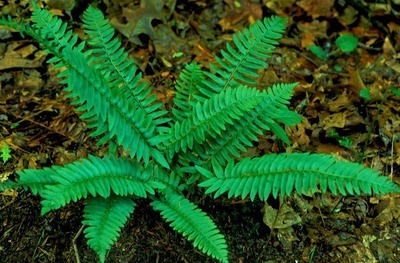 Evergreens
Evergreens
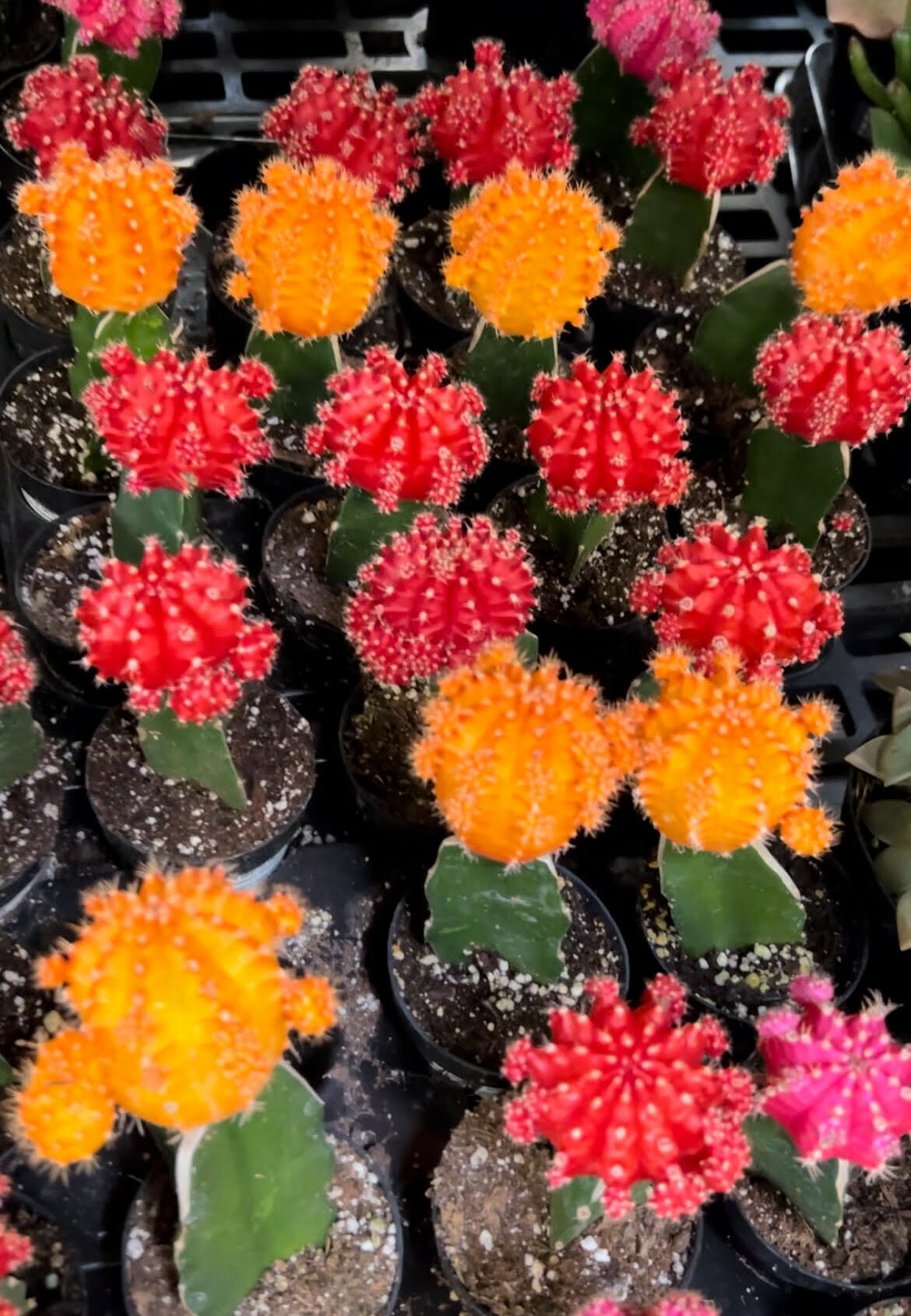 Cactus
Cactus
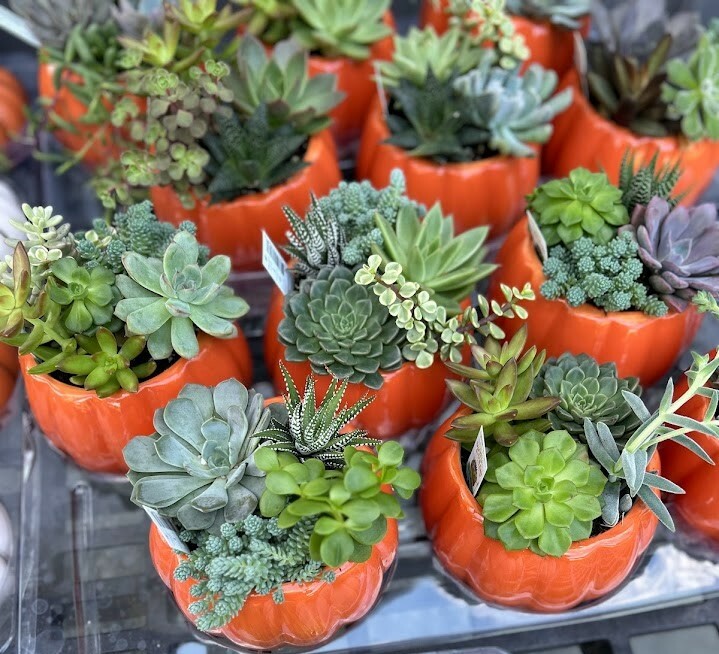 Combos
Combos
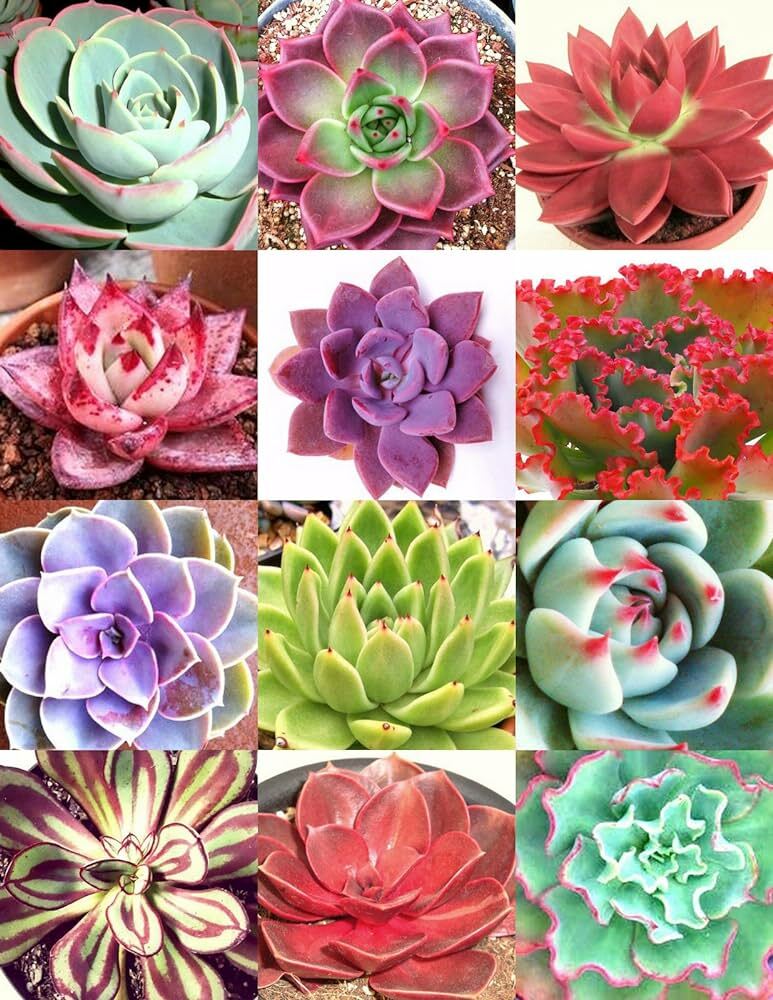 Echeveria
Echeveria
 Haworthia
Haworthia
 Sedum - Stonecrop
Sedum - Stonecrop

